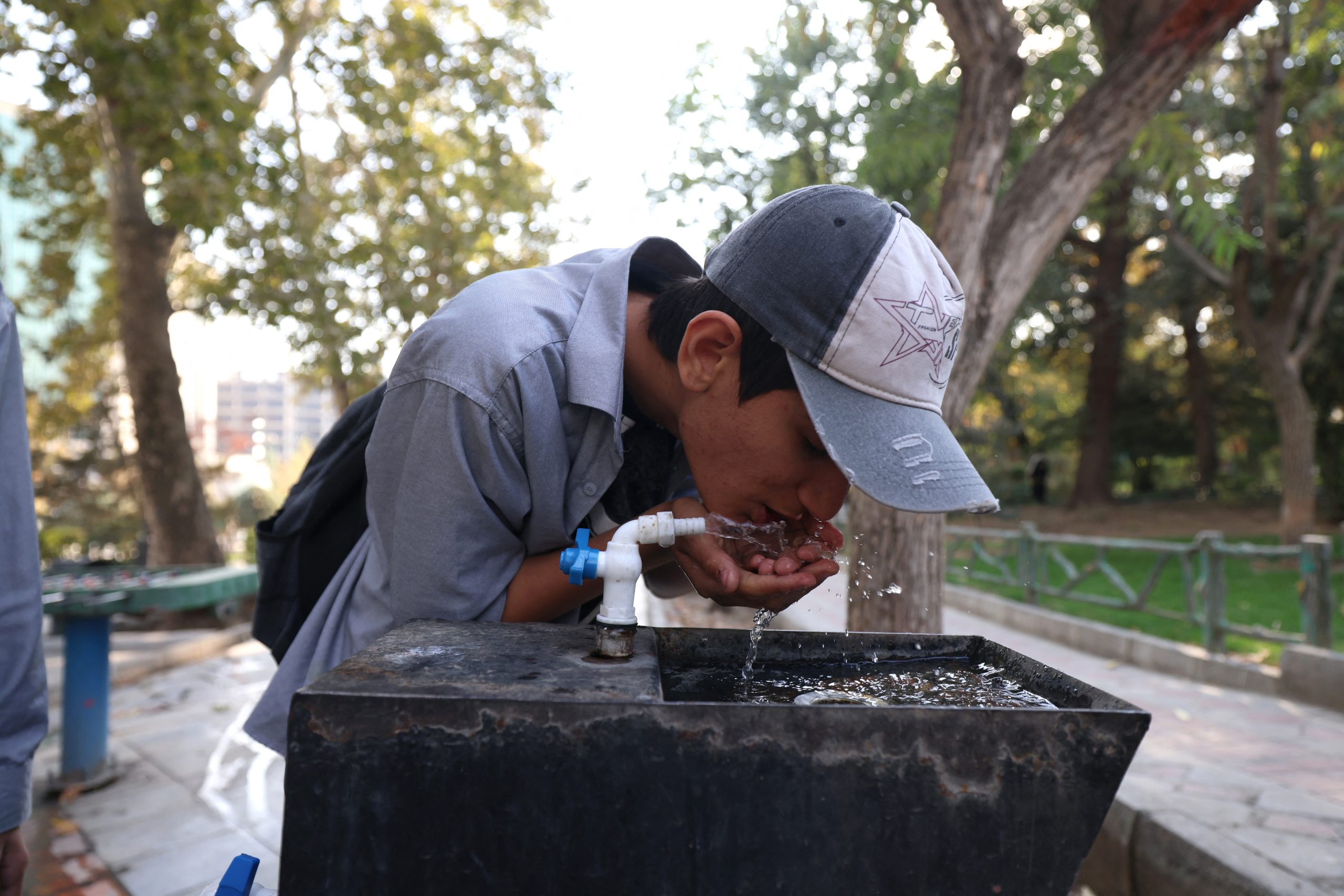Tehran’s Water Crisis: A Looming Global Warning
Tehran, Iran, a sprawling metropolis of nearly 10 million souls, is grappling with a severe water crisis, offering a stark premonition of challenges that could soon plague cities worldwide. As reservoirs dwindle and rationing becomes a daily reality, the situation underscores the growing pressure on water resources amidst climate change and rapid urbanization. The crisis in Tehran serves as a potent reminder of the urgent need for innovative solutions and sustainable practices to safeguard our planet’s most precious resource.
Drought Grips Iran, Rationing Grips Tehran
The current situation in Tehran is dire. Residents are enduring “nightly pressure cuts,” essentially rationing, between midnight and 5 a.m. The cause? An unprecedented drought gripping the entire nation, marking the driest and hottest autumn in almost six decades. Tehran hasn’t seen a drop of rain since the start of September, with no relief in sight. The city’s water supply relies on five major reservoirs, one of which has completely dried up, while another teeters below 8% capacity. Alarmingly, the Karaj Dam, according to the Tehran Regional Water Authority, holds only two weeks of drinking water.
Beyond Tehran: A National Emergency
The water scarcity isn’t confined to the capital. Mashhad, Iran’s second-largest city, faces a similarly precarious situation, with water reserves plummeting below 3%. This puts its 4 million residents at imminent risk. The situation highlights the interconnectedness of water resources and the potential for cascading crises across regions. The implications are far-reaching, affecting not only daily life but also agriculture, industry, and the overall stability of the country.
A Wake-Up Call for a Thirsty World
Tehran’s predicament is a wake-up call for cities across the globe. As climate change intensifies, droughts become more frequent and severe, and populations continue to grow, the strain on water resources will only increase. Cities must invest in water conservation technologies, improve infrastructure to reduce leaks and waste, and explore alternative water sources such as desalination and wastewater recycling. Furthermore, international cooperation and knowledge sharing are essential to address this global challenge effectively. The water crisis in Tehran is not just an Iranian problem; it is a global challenge that demands immediate and concerted action.
Based on materials: Vox





